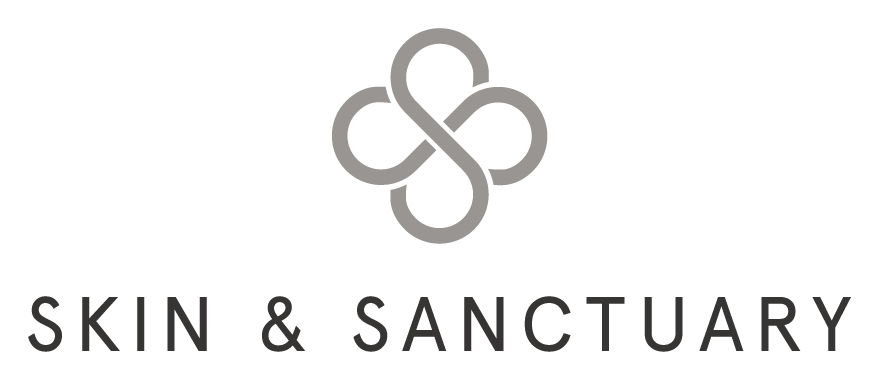We’ve all heard about acne, but have you heard about ‘Maskne’?
‘Maskne’ is mask-induced acne, another Covid related side effect, causing millions of people globally problems more and more. With over a million Google searches it's clearly something that is on the minds of a lot of people right now as we adapt to a new way of living.
Wearing masks is a relatively new & perhaps alien concept in the West and our skin is letting us know that it isn’t happy with the new rules with many mask wearers reporting redness, irritation and breakouts as a result of wearing them.
What’s surprising is that rather than around the mouth area or directly under the mask, MASKNE appears to be most commonly found where people’s masks sit. e.g. along the bridge of the nose, on people’s chin, cheeks and along their jawline. This is breakout caused by friction where the masks chafe on the cheeks and nose. The friction makes a wound and when the skin starts to heal it can overgrow the pore and create the start of an acne lesion.
.
What causes Maskne?
Wearing a mask creates a humid environment that can lead to a clogging of your pores due to a build up of sweat, oil and bad bacteria. This is due to the friction and chaffing of masks on our skin, a lot of the time leading to skin reacting badly, by breaking down and leaving hair follicles open & exposed to bacteria, creating something that’s known as “folliculitis”.
A few things to include in your daily routine to help you avoid getting Maskne:
Cleanse & Tone your face at the start and end of your day
This will help get rid of the sweat, oil and bacteria build-up on your skin.
Moisturise before you wear your mask and don’t forget SPF
Moisturiser acts as an additional protective barrier between your skin and your mask whilst helping to prevent chafing. SPF is essential to protect our face from damaging UV rays. However the type of moisturiser and SPF you use idoes matter. The wrong one for you can potentially clog your skin up even more. Give us a call and our skin experts will help you decide which is best for your unique skin type.
Try to avoid wearing make-up
Wearing foundation, powder, bronzer around your mouth will add more ingredients into the bacteria already building in your pores.
Wash your mask as regularly as possible
If using reusable masks, one of the best things you can do to help prevent Maskne is washing it at least daily, as sweat, oil and bacteria will keep building up on the inner side of your mask.
Wear the right type of mask
Everyone's skin reacts differently to different materials and textures, so make sure the mask you wear is suitable for your skin type. We appreciate that if working in vital environments where PPE is necessary there is no choice but to use surgical, disposable masks. But if you are looking for a face covering we’d suggest either pure cotton for it’s breathability qualities or, our out and out favourite, washable silk, as it causes the least friction of any fabric.
Use Vitamin C antioxidant skin care products
A good, topical Vitamin C will help keep your skin stay healthy under your mask and protect your skin from any harmful pollutants, as well as bacteria. It can also help repair any damaged skin cells too. We appreciate that there are so many options of Vitamin C out there on shop and internet shelves that it’s difficult to know which one to choose. If you book in for a consultation with one of our clinical team they’ll let you know the most suitable for your skin.
HydraFacials
As you might already be aware the Hydrafacial® is a favourite. It’s a great treatment for most skin types, including for anyone suffering from congestion. And we now realise how much it’s helping those experiencing ‘maskne’. The Hydrafacial’s patented technology is made to remove the ‘gunk’ our skin collects daily and then hydrates to leave faces clean, healthy and glowing. The super anti-dote to the havoc created by mask wearing. And to help you try it out for yourself we’ve decided that all Hydrafacial® treatments booked in November will be 20% off.
